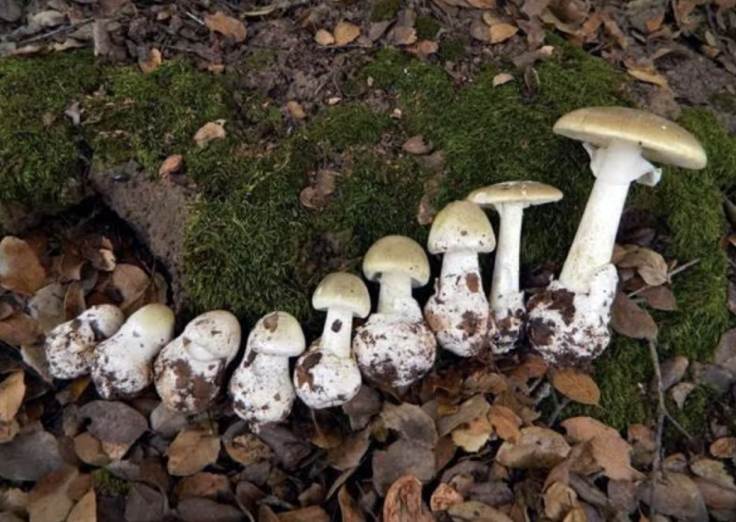
The mushroom industry has been through ups and downs from the 1960s to the 80s, facing a crackdown on hallucinogenic drugs like psilocybin. Mushrooms, used for mental health benefits, were left unexplored due to this prohibition, pushing doctors underground to continue their studies. Fast forward to the present day, a resurgence is occurring. Recent studies are shedding light on the untapped potential of mushrooms, particularly in the treatment of depression, PTSD and addiction.
Founder of Curative Mushrooms, Oliver Carlin, emphasizes the need for the industry to recognize mushrooms' therapeutic potential. He asserts, "The industry needs to acknowledge the incredible mental health benefits of mushrooms, especially in the context of depression and PTSD." Carlin is on a mission to spread awareness about what he calls "happy mushrooms."
As public awareness grows, mushrooms are gaining recognition for their non-addictive nature and many medicinal benefits. Even though mushrooms possess intrinsic properties and there is abundant evidence to support their medicinal efficacy, they still remain classified under Schedule I.
The mushroom market is booming globally, with a size of USD 50.3 billion in 2021, projected to grow at a CAGR of 9.7% from 2022 to 2030. The increase is related to the growing desire for protein-rich diets, with mushrooms considered a superfood due to their nutritious value.
Oliver Carlin's journey into the mushroom world has been fascinating, filled with both excitement and uncertainty. He has seen the potential benefits of mushrooms for depression, PTSD anxiety, and addiction, and acknowledges the challenges and limitations of the current regulations. He urges federal governments to take decisive action in legalizing and regulating the mushroom industry to ensure its responsible growth.
Expressing his passion, Carlin states, "The benefits of mushrooms extend beyond nutrition; they offer a unique approach to mental health issues. We need to embrace this potential and work towards a future where mushrooms are recognized for their therapeutic value."
Carlin's work with Curative Mushrooms extends beyond advocacy, as he actively participates in cultivating and promoting the benefits of mushrooms. He notes that a single dose of mushrooms can be equivalent to over a year's worth of clinical therapy sessions, providing a unique avenue for mental health treatment.
The success of Carlin's mushroom-growing endeavors has garnered attention from major athletes and MMA fighters who credit mushrooms for enhancing their performance. Carlin attributes this to the creation of new neurological pathways in the brain, reshaping perspectives and enabling individuals to think differently.
In Carlin's view, not embracing mushrooms places individuals at a disadvantage. He envisions a future where mushrooms become a mainstream tool for achieving extraordinary feats. The historical roots of mushrooms in American indigenous tribes highlight their enduring presence as a spiritual practice.
Over the last four years, Carlin has amassed a fan base of over 400,000 mushroom enthusiasts, sold thousands of copies of his book on growing mushrooms, and popularized the concept of 'Happy Mushrooms For Sad People.' He has also helped over 30,000 people suffering from mental health conditions and found a natural and healthy alternative to traditional medicine.
As we witness this transformative era in the mushroom industry, it becomes evident that the untapped potential of mushrooms extends far beyond their nutritional value. Carlin's vision for a future where mushrooms are acknowledged and regulated for their therapeutic benefits challenges us to reconsider the role of mushrooms in our diets for better mental health and well-being. The ongoing boom in the global mushroom market reflects a growing acceptance of mushrooms as a superfood, and perhaps, as a super remedy for the challenges of our mental health landscape. The regulatory shifts advocated by Carlin and others in the industry may well pave the way for a new chapter in the mushroom story where a new generation is free to unlock the therapeutic potential of mushrooms and be embraced on a global scale.







